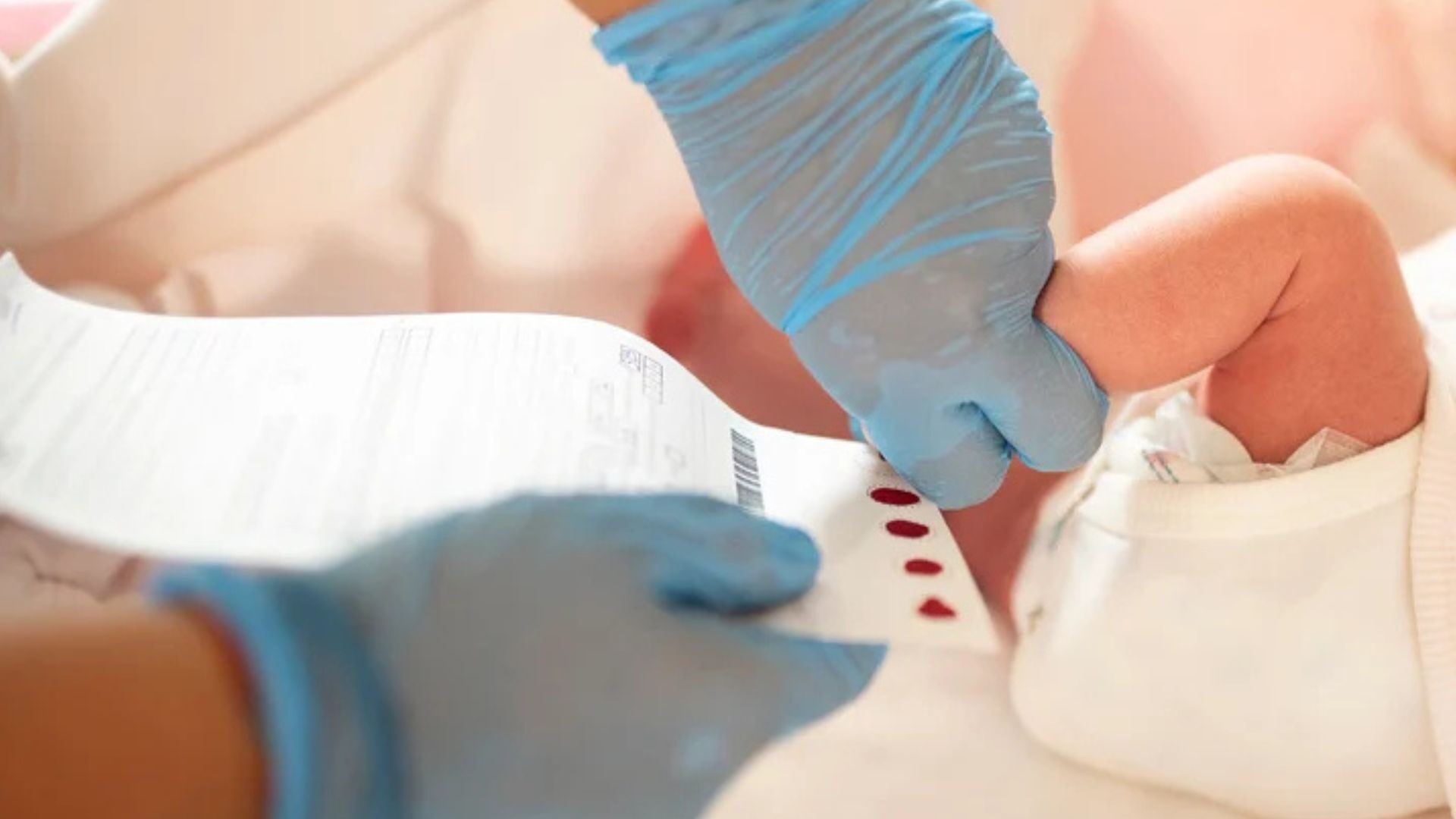|
Getting your Trinity Audio player ready...
|
SB87, a bill originally introduced by state Sen. Arthur Orr, R-Decatur, was recently amended with a substitute bill brought forward by state Sen. Larry Stutts, R-Tuscumbia. Where the original bill was intended to expand Alabama midwives’ authority to administer newborn screenings, the amended version only allows midwives to “administer a heel lance” and explicitly bars them from performing other newborn screenings.
Now, the Alabama Midwives Alliance and a number of concerned citizens have publicly denounced SB87’s substitute in a video posted to the ALMA’s Facebook page. The video cuts between various Alabama mothers and families speaking out against the bill’s new amendments.
“SB87 started as a good bill and we were excited to see it moving forward,” the video opens. “But on March 20th, the Alabama Senate Health Committee added restrictive language which takes it in the wrong direction. We do not support the amended SB87 and we are urging the legislature to fix it.”
“Midwives play a critical role in keeping newborns safe by providing essential care, vitals, weight checks, breastfeeding support and timely newborn screenings. Without this care risk can go unnoticed until it’s too late,” the video continues. “Every family, no matter where they give birth, deserves safe, timely care. So why should home-birth families face delays or miss screenings? This sub bill does not solve the problem. It makes it worse. The solution is simple. In 2017, the legislature ensured Alabama midwives met national certified professional midwife standards. SB87 should stick to those standards and protect evidence-based care, not restrict it. This would also bring Alabama in line with the rest of our nation in certified professional midwifery care. Alabama families deserve the best start possible. Let’s get SB87 back on track.”
In an official media release, ALMA explained that they had previously tried to negotiate a different version of the bill to satisfy the concerns of the Medical Association of the State of Alabama and lawmakers like Sen. Stutts. However, that substitute bill was overwritten with the current version of SB87.
“Prior to the passage of the sub bill on March 20, the Alabama Midwives Alliance worked with Sen. Orr and Sen. Linda Coleman-Madison, D-Birmingham, to offer a different sub bill that attempted to meet in the middle with the Medical Association of the State of Alabama that read licensed midwives may ‘order and administer’ newborn screenings but also that ‘test results shall be referred to a licensed physician or nurse practitioner for interpretation and follow-up care,'” ALMA stated. “Instead, the negotiated language was stripped away for the restrictive version MASA pushed through with Sen. Stutts.”
The release also disputed claims that licensed midwives do not have the necessary training or qualifications to administer newborn screenings or provide well-baby care.
“Licensed midwives are required by Alabama law to obtain a Certified Professional Midwife credential from the North American Registry of Midwives. All three newborn screenings are required for training and completion of the national credential required by Alabama Law,” ALMA stated. “Midwives are more trained at the time of obtaining licensure than a medical assistant or nurse. Registered nurses and medical assistants usually receive their first newborn screening training as on-the-floor training when hired on their unit, not in school or to obtain their certification. No training is required by their license like it is for CPMs.”
Although newborn screenings should be performed within 24 to 48 hours after a child is born, it can be very challenging for families who choose home birth to secure an appointment with a physician within that timeframe. ALMA’s representatives argue that midwives should be allowed to administer these tests in order to avoid delays in what could be life-saving screenings.
“These screenings exist to prevent life-threatening complications and lifelong disabilities,” reads the ALMA media release. “CCHD screening detects critical congenital heart defects with a handheld pulse oximetry. Newborns can seem perfectly healthy but deteriorate rapidly without immediate medical intervention. Hearing screening identifies hearing loss early, ensuring timely intervention to prevent developmental delays. Most pediatricians don’t have the equipment, forcing families to scramble for a specialist, yet performed by ancillary staff at the hospitals. Blood spot testing, similar to a glucose blood drop, detects metabolic and genetic disorders, where delayed treatment can result in severe disability or death.”
After passing the Senate Health Committee, the amended version of SB87 now moves to be considered by the Alabama Senate at-large.


















































